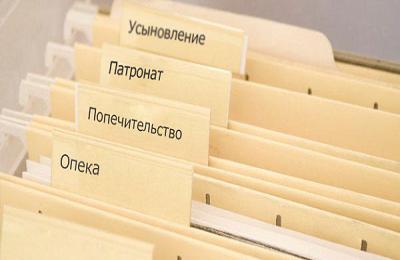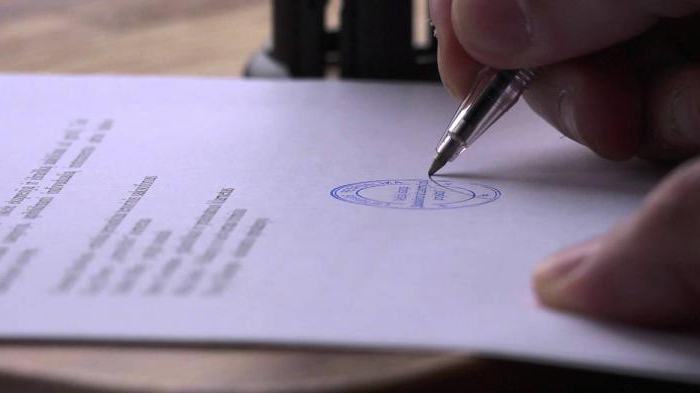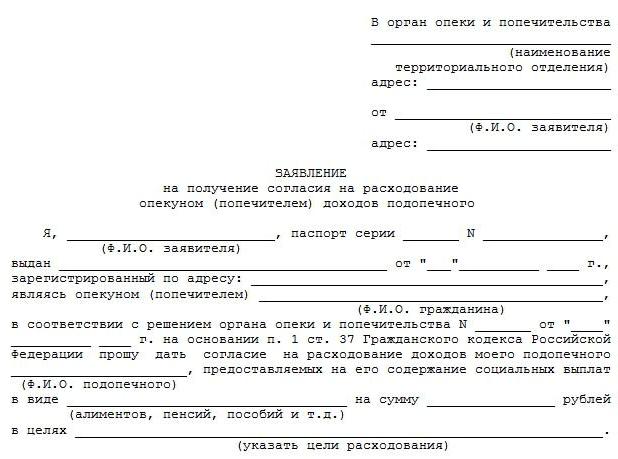Property issues in Russia are of interest to every citizen. Especially when it comes to guardianship. Can a guardian dispose of the property of the guardian? What does the law say about this? And if there is such a chance, then how will it be realized? To find answers to these questions, you will have to carefully study the current laws of the Russian Federation. In fact, everything is much more difficult than it seems.
The concept
Does the guardian have the right to dispose of the property of the guardian? First you need to understand about whom we are talking about.
Who are the guardians called? These are citizens who are entrusted with the care and upbringing of certain categories of the population. Guardians look after young children (up to 14 years old), incapacitated, mentally ill and demented. These are representatives of citizens in need of custody.
It is worth paying attention to the fact that legally significant transactions will be made with the help of guardians. These citizens represent the interests of their wards. We can say that they are representatives of the legally incompetent.
Subordination
But can a guardian dispose of the property of the guardian? To fully answer this question, you need to understand to whom these citizens are accountable. After all, guardianship is regulated in Russia by the state!
Guardians are accountable to the guardianship authorities. It is with this service that the legal representatives of the legally incompetent will have to contact. Otherwise, performing legally significant transactions will be problematic, or rather, impossible. This is quite normal.
Right to disposal
Can a guardian dispose of the property of the guardian child? In fact yes. After all, in fact, an authorized representative represents the interests of his ward to one degree or another. In addition, guardians commit legal acts in favor of the legally incompetent.
Nevertheless, this does not mean at all that the property of the wards will belong to the guardians. In fact, everything is harder than it sounds. Can a guardian dispose of the property of the guardian? Yes, but only in the interests of his ward. And nothing more. At its discretion, transactions with property of a legally incompetent person taken under guardianship are prohibited.
Additional permission
A particularly important point is that legal operations require permission from guardianship authorities. In fact, the guardian will not be able to deal with the property of his ward until the authorized body approves the process.
This means that the guardian cannot actually dispose of the property of the person taken under guardianship. More precisely, the property is allowed to be used in the interests of the legally incapable and only with the permission of the guardianship and trusteeship authorities. The guardian is not allowed to dispose of the property without permission. This is prescribed in the Civil Code of the Russian Federation (Article 37).
Reporting
Can a guardian dispose of the property of the guardian? The mentioned article indicates that this group of persons should dispose of the property of the guardian in his own interests. Money of the legally incompetent also falls into the power of the legal representative.
In this case, it will be necessary to take into account that all transactions must be made exclusively in the interests of the child or an incapable adult. And as mentioned earlier, only after obtaining permission from the guardianship.
All expenditures of funds of the ward must be reported without fail.In this case, the money should initially be credited to the nominal account, which is opened in the name of the representative. In this case, it will not be necessary to seek preliminary coordination with the guardianship authorities.
In other words, the ward’s money will be credited to the nominal account of the guardian or trustee. These funds are allowed to be used for the benefit of the guardian without the consent of the state. But at the same time you have to confirm the expenses documented. You can’t spend money on your needs.
Ward deals
It is clear whether the guardian can dispose of the property of the guardian. The duties of the legal representative require the citizen to take care of the property of the ward. Also, the guardian must ensure that property does not decrease.
Legal representatives of the legally incompetent, as well as members of their families and spouses, are prohibited from making transactions with wards. The exceptions are operations aimed at protecting the interests of the guardians. For example, donating property to a ward.
About Representation
Among other things, guardians and trustees are prohibited from acting as legal representatives of the legally incompetent and children if a legal dispute arises between members of the guardian's family with the ward.
What does it mean? Trustees and guardians in the event of disputes between their close and incompetent shall not be able to defend the latter in court. In the same way, as well as being representatives in transactions in which the relatives of the guardian are involved.
Features of the order
Article 37 of the Civil Code of the Russian Federation precisely prescribes whether a guardian can dispose of the property of a legally incompetent guardian. Part 4 of this article indicates that such a right is assigned to a representative. But it is realized only from the interests of the ward.
The opinion of the guardian is the basis for all transactions. If it is not possible to listen to what the legally incapable wants, you will have to rely on any data and information received from the parents and other disinterested persons regarding the ward.
About alienation
But almost everywhere you can find exceptions to the rules. And in the question under study, they also have a place. Sometimes the property of the ward can be alienated. Otherwise, reducing the size of the property of a legally incompetent or a child by their legal representatives is prohibited. This must always be remembered. Otherwise, you may encounter prohibitions of guardianship authorities.
Alienation of property in the situation under study is possible:
- if there was a forced recovery from the ward on account of his property;
- upon execution of barter and rent with the condition that operations are conducted in favor of the legally incapable;
- if the ward changes his place of permanent residence;
- in exceptional situations (for example, urgently need money to treat a ward), if this is required by the protection of the rights, interests and freedoms of the legally incapable.
That is, in everyday life, the guardian does not have any rights to the property of his ward. He merely acts as a kind of intermediary protecting the legally incapable person. In their own interests, using what belongs to children and those incapacitated will not work.
About the inheritance
But what about the inheritance? Can a guardian dispose of the property of the guardian after his death (second)? Or does the former legal representative have no rights to the property of others?
Having carefully studied the current legislation, it can be noted that the Federal Law "On Guardianship and Guardianship" indicates that the guardians do not have rights to the property of the wards, and the wards - to the property of those who take care of them. That is, everyone belongs to what is due to him and nothing more. This is stated in article 17 of the said law.
Subject to Art. 37 of the Civil Code of the Russian Federation, we can conclude that basically no freedom in the area of disposing of property of a legally incompetent legal representative. But not a word is said about the inheritance.
You can become an heir in Russia by testament and by law. Trustees, in principle, can receive part of the property of the ward. And only after that, the former legal representatives have the right to dispose of property without the participation of guardianship authorities. When is this possible?
Will
Can a guardian dispose of the property of the guardian? The rules of inheritance by will stipulate that legal representatives can receive property from the wards under testamentary documents. But with some limitations.
A guardian may act as an heir if the will was originally written by an adult before being recognized partially or completely incompetent. Otherwise, there is no chance of inheritance. Property after the death of the guardian will be distributed among the legal heirs (relatives) of the legally incapable.
According to law
Things are somewhat different with inheritance under the law. Can a guardian dispose of the property of the guardian child or a legally incompetent person? Only with the permission of the guardianship authorities. Moreover, the right of inheritance in the studied category of citizens by testament takes place.
If we talk about inheritance by law, then in Russia there are 7 lines of heirs. If the guardian is not a relative of the guardian, then he cannot be considered the legal heir from these lines. So, he will not have rights to property from the deceased ward.
But at the death of a legal representative, an incapacitated person who was dependent on a guardian may be the heir. It is important to consider that you need to be a dependent for at least a year. Or live with a guardian for at least the specified period.
Large expenses
Nevertheless, here you can find exceptions. Can a guardian dispose of the property of the guardian? Yes, if he gets his part in the property after the death of the ward.
When is this possible? In case of expenses incurred by the guardian for the management of the estate. Such expenses can be reimbursed by law. They are covered by the guardianship authorities from the funds of the deceased legally incompetent.
Summary
Now it is clear whether the guardian has the right to dispose of the property of the guardian. Such persons do not have complete freedom of action, but with the permission of the guardianship authorities it is possible to make legal transactions in the interests of the legally incapable.
Guardians under the law can be heirs only when they are simultaneously relatives of the deceased. And given the line of inheritance. According to the will, there is almost no chance to receive property from the guardian - only if the person, being in their right mind, bequeathed something to the future legal representative.
It is enough to remember one rule: there is no permission from the guardianship - it will not be possible to conduct a transaction with the property of the guardian. Experts assure that the relevant authority only approves operations that improve the state of ownership of the legally incompetent.